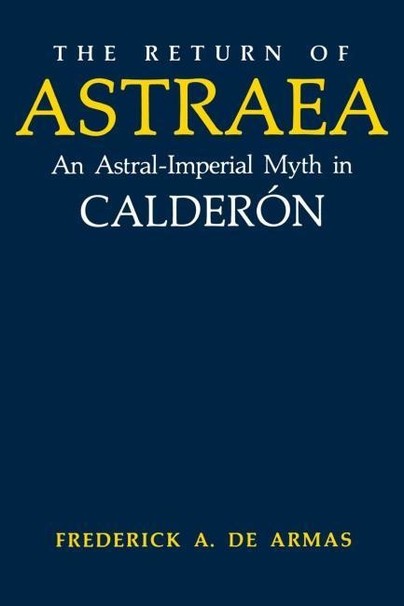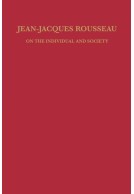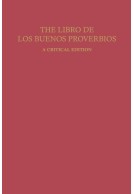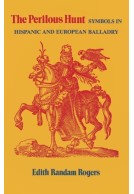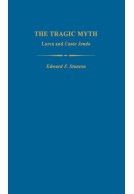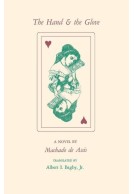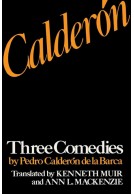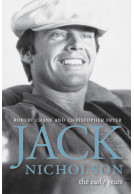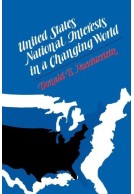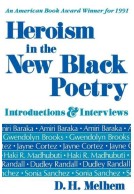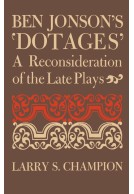The Return of Astraea (Paperback)
An Astral-Imperial Myth in Calderón
Imprint: University Press of Kentucky
Series: Studies in Romance Languages
Pages: 272
Illustrations: Illus
ISBN: 9780813152134
Published: 15th July 2014
Script Academic & Professional
Series: Studies in Romance Languages
Pages: 272
Illustrations: Illus
ISBN: 9780813152134
Published: 15th July 2014
Script Academic & Professional
You'll be £23.00 closer to your next £10.00 credit when you purchase The Return of Astraea. What's this?
+£4.99 UK Delivery or free UK delivery if order is over £40
(click here for international delivery rates)
Order within the next 5 hours, 17 minutes to get your order processed the next working day!
Need a currency converter? Check XE.com for live rates
(click here for international delivery rates)
Order within the next 5 hours, 17 minutes to get your order processed the next working day!
Need a currency converter? Check XE.com for live rates
In classical mythology Astraea, the goddess of justice, chastity, and truth, was the last of the immortals to leave Earth with the decline of the ages. Her return was to signal the dawn of a new Golden Age. This myth not only survived the Christian Middle Ages but also became a commonplace in the Renaissance when courtly poets praised their patrons and princes by claiming that Astraea guided them. The literary cult of Astraea persisted in the sixteenth century as writers saw in Elizabeth I of England the imperial Astraea who would lead mankind to peace through universal rule.
This and other late flowerings of the Astraea myth should not be taken as the final phases of her history. Frederick A. de Armas documents in this book what may well be the last great rebirth of Astraea, one that is probably of greater political, religious, and literary significance than others previously described by historians and literary critics. The Return of Astraea focuses on the seventeenth-century Spanish playwright Pedro Calderón de la Barca, and analyzes the deity's presence in thirteen of his plays, including his masterpiece, La Vida es Sueho.
Her popularity in this period is partially attributed to political motives, reflecting the aspirations and fears of the Spanish monarch Philip IV. In this broad study, grounded on such diverse fields as astrology, iconography, history, mythology, and philosophy, de Armas explains that Astraea adopts many guises in Calderón's dramas. Ranging from the Kabbalah to Platonic thought and from satires on Olivares to cosmogonic myths, he analyzes and reinterprets Calderón's theater from a wide range of perspectives centered on the playwright's utilization of the myth of Astraea. The book thus represents a new view of Calderón's dramaturgy and also documents the popularity and significance of this astral-imperial myth during the Spanish Golden Age.
Other titles in the series...
Other titles in University Press of Kentucky...







